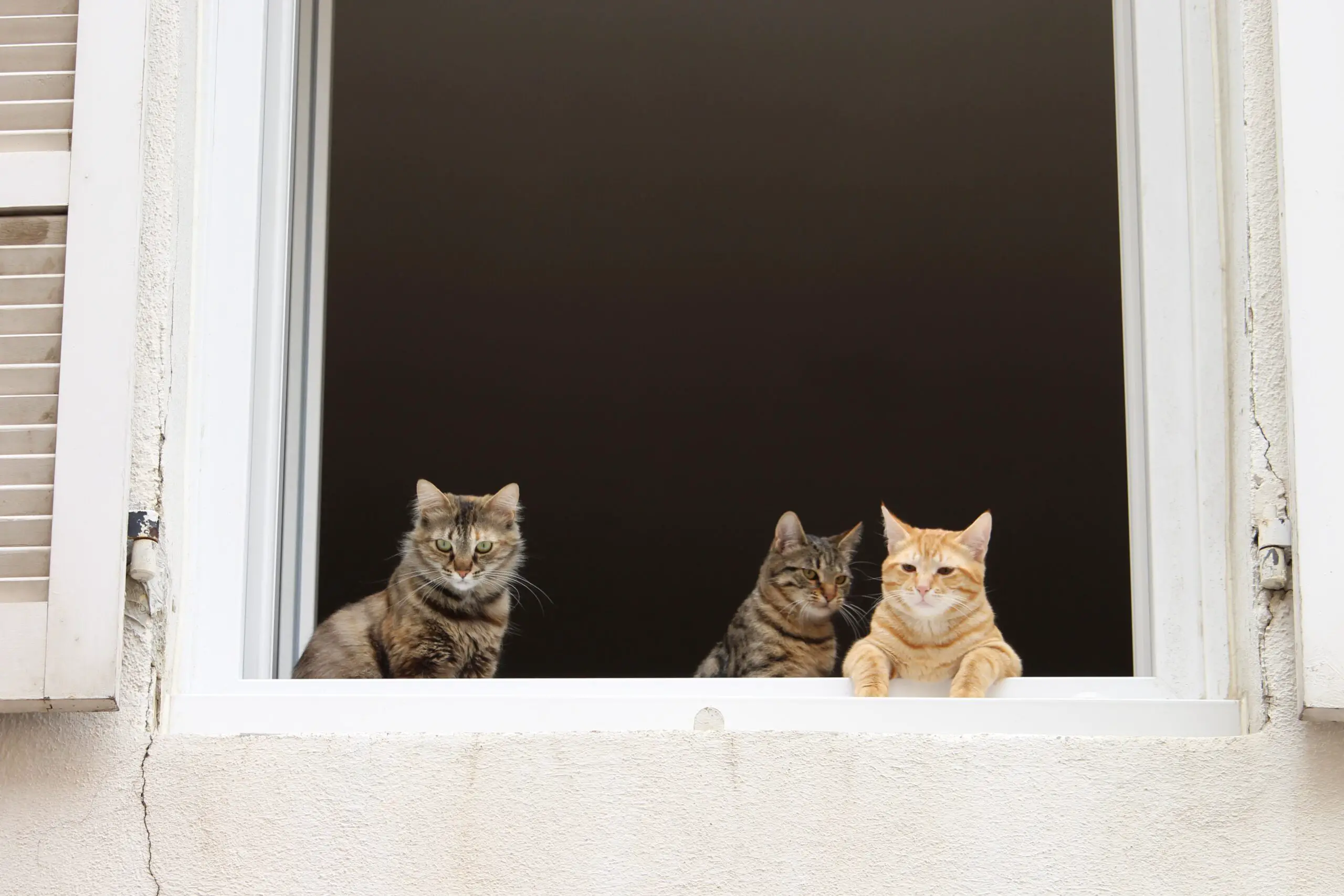Table of Contents
Did you know that eggs can be a great source of nutrition for cats? Many pet owners are unsure if it’s safe to feed their cat eggs, so they often ask the question: “Can cats eat eggs?” The answer is yes! Eggs can provide essential vitamins and minerals that help support your cat’s health.
However, there are certain guidelines to follow when feeding them to your feline friend. In this blog post we’ll discuss the benefits of feeding cats eggs as well as how to safely do it and alternatives in case you don’t want to feed them raw or cooked egg.
So keep reading if you’re curious about whether or not it’s ok for your kitty companion to enjoy some scrambled eggs from time-to-time!
Table of Contents:
- What Are the Benefits of Feeding Cats Eggs?
- How to Safely Feed Your Cat Eggs
- Alternatives to Feeding Your Cat Eggs
- Conclusion
What Are the Benefits of Feeding Cats Eggs?
Feeding cats eggs can be a beneficial addition to their regular diet. Eggs are an excellent source of protein, vitamins, and minerals that can help keep your cat healthy and strong. They also provide variety in the diet which helps keep cats from getting bored with their food.
Lastly, eggs are a cost-effective option for pet owners looking to save money on their pet’s meals.
Nutritional Value
Eggs contain high levels of essential amino acids, fatty acids, and other nutrients such as Vitamin A, B12, D3, E & K2 as well as zinc and iron which are all important for maintaining good health in cats.
The proteins found in eggs can help build muscle mass while the fatty acids aid in skin health and coat shine. Additionally, egg yolks contain choline which is important for cognitive development and overall brain function in cats.
Variety In Diet
Cats need variety when it comes to what they eat so adding eggs into their diet every once in awhile is a great way to give them something different than just dry or canned food every day.
This will not only make mealtime more interesting but also ensure that your cat gets all the necessary nutrients they need from various sources instead of relying solely on one type of food item like commercial cat foods or treats alone.
Cost-Effective Option
Eggs are relatively inexpensive compared to other types of animal proteins like beef or chicken, making them an ideal choice for those who want to feed their pets quality nutrition without breaking the bank at the same time.
Plus, you don’t have to worry about any added preservatives or fillers since you know exactly what ingredients went into each egg you feed your cat.
Feeding cats eggs can be a great way to provide them with the necessary nutrition and variety in their diet. However, it is important to make sure you are preparing and serving the eggs safely for your cat’s health.
How to Safely Feed Your Cat Eggs
Eggs are a nutritious and cost-effective food option for cats, but it is important to feed them safely.
Preparation and Storage: Eggs should be cooked before feeding them to your cat. Scrambled eggs or boiled eggs are the best options as they can easily be digested by cats.
It is also important to store any leftover eggs in the refrigerator immediately after cooking, as bacteria can quickly grow on raw or cooked egg at room temperature.
Serving Size and Frequency: The recommended serving size of egg for cats is one tablespoon per day, depending on their size and activity level. If you’re unsure about how much your cat needs, consult with your veterinarian first.
Additionally, it’s best not to give your cat more than two servings of egg per week due to its high fat content which could lead to weight gain if overfed.
While eggs provide many nutritional benefits for cats, there are some potential risks associated with feeding them too often or in large amounts such as digestive upset or allergies from proteins found in the whites of the egg.
Additionally, raw eggs may contain salmonella bacteria which can cause serious illness if ingested by humans or animals alike so it is important to always cook all eggs thoroughly before feeding them to your pet.
Eggs can be a great source of protein for cats, but it is important to take the necessary precautions when feeding them. Now let’s explore some alternatives to eggs that you can feed your cat.
Alternatives to Feeding Your Cat Eggs
Commercial Cat Food Options: Commercial cat food is a great alternative to feeding your cat eggs. It comes in a variety of flavors and textures, making it easy to find something that your pet will enjoy.
Many commercial brands also offer specific formulas for cats with special dietary needs or allergies. When choosing a commercial brand, look for one that has been approved by the Association of American Feed Control Officials (AAFCO).
This ensures that the product meets nutritional standards and contains all necessary vitamins and minerals for optimal health.
Homemade Recipes for Cats: If you’re looking for an even more personalized option, consider creating homemade recipes specifically tailored to your cat’s taste buds.
There are plenty of recipes available online that provide detailed instructions on how to make healthy meals from scratch using fresh ingredients like lean meats, vegetables, fruits, grains, and dairy products.
Keep in mind that some foods may not be safe for cats due to their sensitive digestive systems so always check with your veterinarian before introducing any new items into their diet.
Other protein sources include fish such as tuna or salmon; cooked poultry like chicken or turkey; beef, lamb, pork; quail eggs; cottage cheese; yogurt; tofu and other plant-based proteins like beans or lentils.
Some pet owners even feed their cats raw meat diets which can be beneficial if done properly under veterinary supervision since they contain higher levels of nutrients than cooked versions do.
It is important to remember that bones should never be given to cats as these can splinter easily and cause choking hazards.
Conclusion
In conclusion, cats can safely eat eggs as long as they are cooked properly and served in moderation. Feeding your cat eggs can provide them with many nutritional benefits, but if you’re concerned about the safety of feeding your cat eggs, there are plenty of alternatives that can still give them the nutrients they need.
Remember to always consult a veterinarian before making any changes to your pet’s diet and make sure you ask “can cats eat eggs?” so that you know exactly what is safe for them to consume.
Do you have a cat and want to know if they can eat eggs? If so, then come join us at our pet website! We are dedicated to providing reliable information about cats and their diets. Our team of experts has the answers that you need regarding your furry friend’s nutrition needs.
So don’t wait any longer – get informed today with us on how best to feed your beloved cat!

